Ahead of the publication of her much-anticipated debut novel, Djinn Patrol on the Purple Line, Novel Studio alumna Deepa Anappara took time out of her busy schedule to talk to Novel Studio Course Director Emily Pedder about the inspiration behind the book.
Emily Pedder: Can you tell me a bit about the process of writing Djinn Patrol on the Purple Line? When did you know this was a story you wanted to tell? And how long did it take for you to feel you had the voice of the characters, particularly nine-year-old Jai?
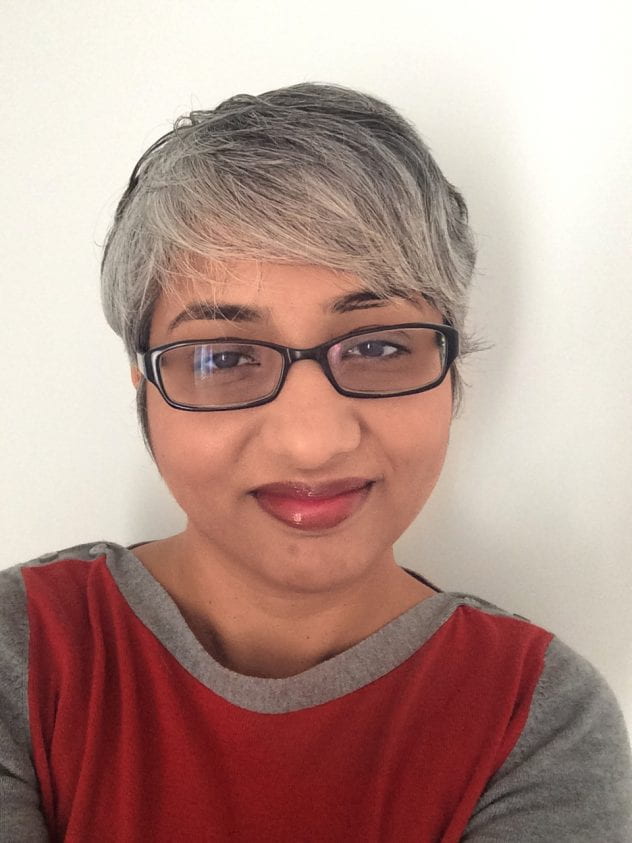
Deepa Anappara
Deepa Anappara: The spark for the novel came from a spate of real-life disappearances of children in India, where I worked as a journalist for over eleven years. I used to write on education and human rights, as part of which I interviewed people who lived in impoverished neighbourhoods like the one in my novel. During that time, I used to hear stories of areas where as many as twenty or thirty children had disappeared over a span of two or three years; no effort had been made to find them because they were from poor families that had no voice or political power. I used to wonder what it was like for children to live in such neighbourhoods, knowing that they themselves could be snatched at any moment. How did they deal with that fear and uncertainty? How did they understand the unfairness and injustice they encountered in the world around them every day? Djinn Patrol on the Purple Line is an attempt to answer those questions through fiction.
The children in my novel were very much inspired by the children I had interviewed as a reporter. Many of them were working, or weren’t able to study, because of their difficult financial or domestic circumstances. Despite this, they were often cheeky and witty, if not downright sarcastic. I drew from the memories of those interviews, and from the children I know in my life, to create the voices of my characters.
I first tried writing this novel in 2009, but set it aside, unsure whether I had the authority to write about a marginalised, neglected community. I returned to it in 2016. I had written several short stories by then with child narrators; I had also read a number of books and watched films with child narrators. Added to this were my own personal experiences of loss and uncertainty, and the greater understanding of mortality that perhaps comes with age – all these factors in some way gave me the permission to write Djinn Patrol on the Purple Line, and shaped its narrative.
EP: Jai watches lots of reality TV cop shows and adopts the role of a detective in trying to find his missing classmate. This feels like a brilliant way in to telling this story. How did the cop show/detective strand come about?
Deepa: Jai’s interest in catching the criminal stems primarily from his own fears. He understands at some level, correctly, that as a child, he is in great danger. By constructing a story about being a detective, he is attempting to reclaim the agency he lacks in real life. It is also his way of dealing with a difficult situation.
Reality shows on TV are popular in India as it is elsewhere across the world, and the one about cops that Jai watches called Police Patrol is based on a similar, long-running TV show in India. It seemed natural that Jai would be inspired by what he watches on TV; popular culture in the form of TV and Hindi films do exert an influence on daily lives.
EP: You were previously an award-winning journalist in India. How difficult was it to make the leap from writing as a journalist to writing fiction?
Deepa: I didn’t have any formal grounding in either literature of writing, so I found it quite difficult to make that transition. I had to essentially learn how to write fiction, and I also had to learn how to read fiction much more closely. As a journalist, I had to be impartial and objective and relay opposing points of view to offer a balanced perspective. To write fiction, I had to teach myself how to write from a subjective point of view, to see the world only as a character sees it. But my experiences as a journalist were integral to writing Djinn Patrol on the Purple Line. I often visited neighbourhoods like the one I have written about, and I am indebted to the people who lived there, who invited me to their homes and offered me tea and chatted with me. If not for the generosity they had shown me, there is no way I could have written this book.
EP: You’ve written lots of award-winning short fiction. What do you think are the main differences, apart from length, in writing novels as opposed to short stories? And which do you prefer?
Deepa: I love both forms; I love short stories for how they can distil an entire life into a few pages, for their focus, and I love novels for their expansiveness. There are writers who have experimented with both forms, who challenge what each form can do, and make it much more difficult to describe the differences. In writing a short story, I can often see its shape in its entirety, but this is much more difficult with a novel.
EP: What’s been the most useful thing about studying creative writing?
Deepa: I learnt everything about the craft through these courses. It also gave me a community; I met fellow students whose critiques I trusted, and whose writing I admired. I found critiquing their work, and listening to their feedback, incredibly useful. It also gave me the permission to write.
EP: Do you have an imagined reader in mind when you write?
Deepa: When I am writing, the attempt is to fully inhabit the character and their perspective. The question of readership is something to be considered during the editing stage, but the reader in my head even at that point is amorphous, or perhaps a version of myself.
EP: What are you working on now?
Deepa: I am studying for a Creative-Critical Writing PhD at the moment, as part of which I am working on a historical novel.
EP: Thank you so much, Deepa! We wish you every success with your novel.
Deepa’s novel, Djinn Patrol on the Purple Line, will be published by Chatto & Windus on January 30, 2020.
A partial of her novel won the Lucy Cavendish Fiction Prize, the Deborah Rogers Foundation Writers Award, and the Bridport/Peggy Chapman-Andrews Award for a First Novel. It is now being translated into 17 languages. Deepa’s short fiction has won the Dastaan Award, the Asian Writer Short Story Prize, the second prize in the Bristol Short Story awards, the third prize in the Asham awards, and has been broadcast on BBC Radio 4. She has an MA in Creative Writing from the University of East Anglia, Norwich, where she is currently studying for a Creative-Critical Writing PhD on a CHASE doctoral fellowship.
Deepa is also a graduate of City’s Novel Studio programme, of which Emily Pedder is Course Director.
Applications for 2020 Novel Studio students will open on February 1st with a deadline of 24th April 2020.








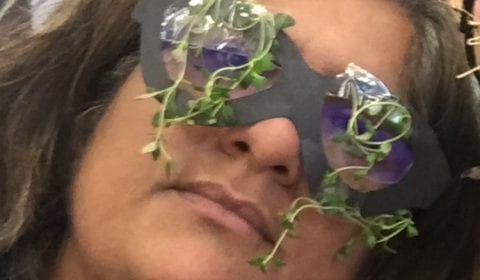




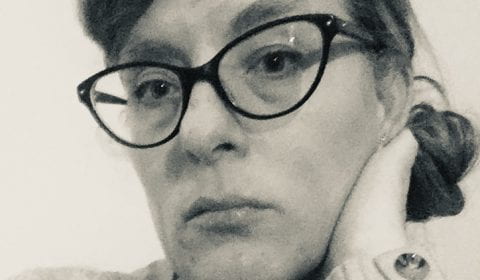
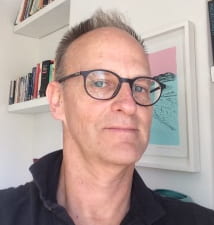
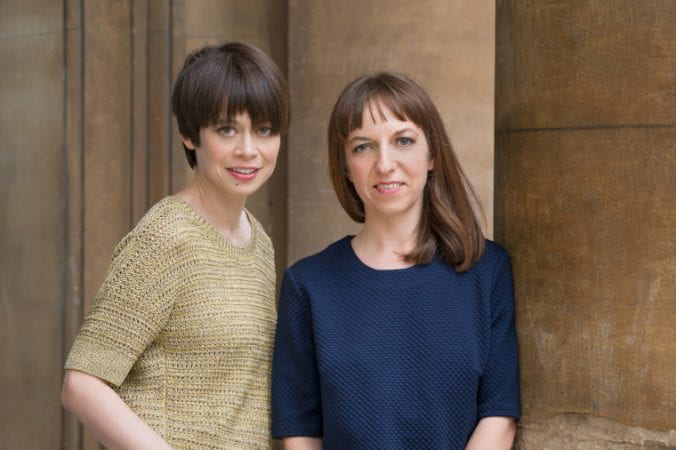
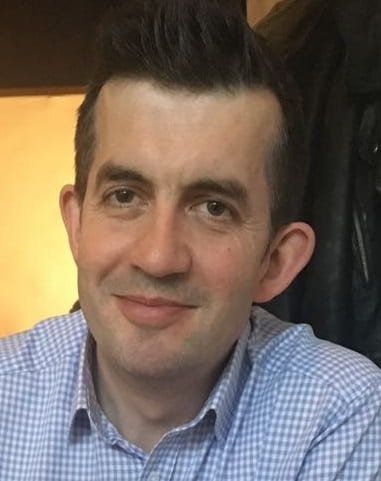
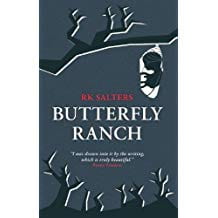
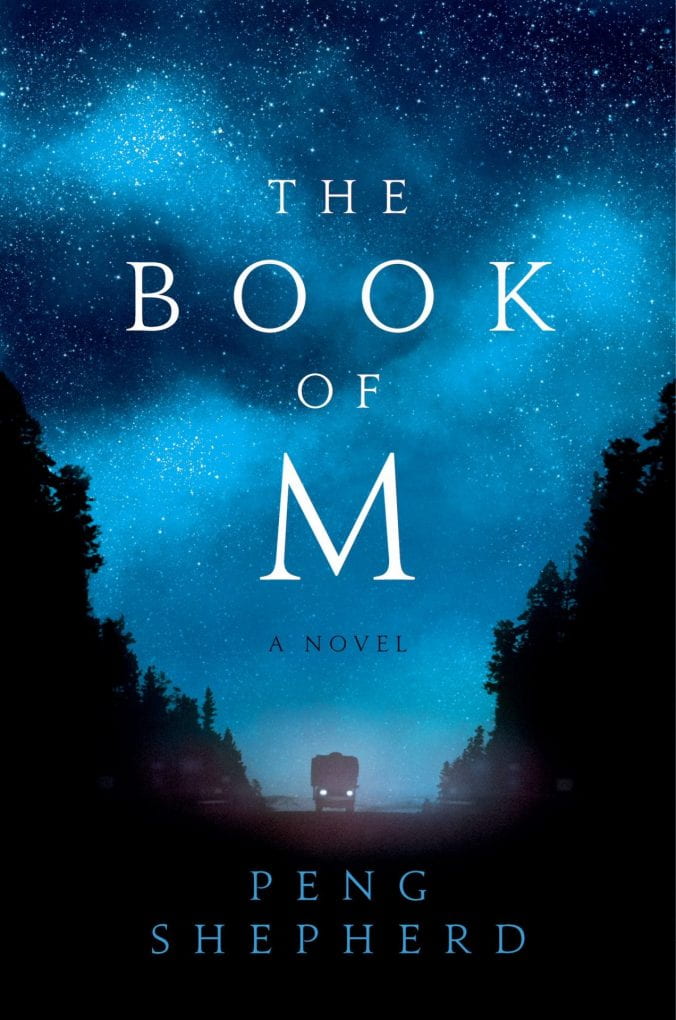
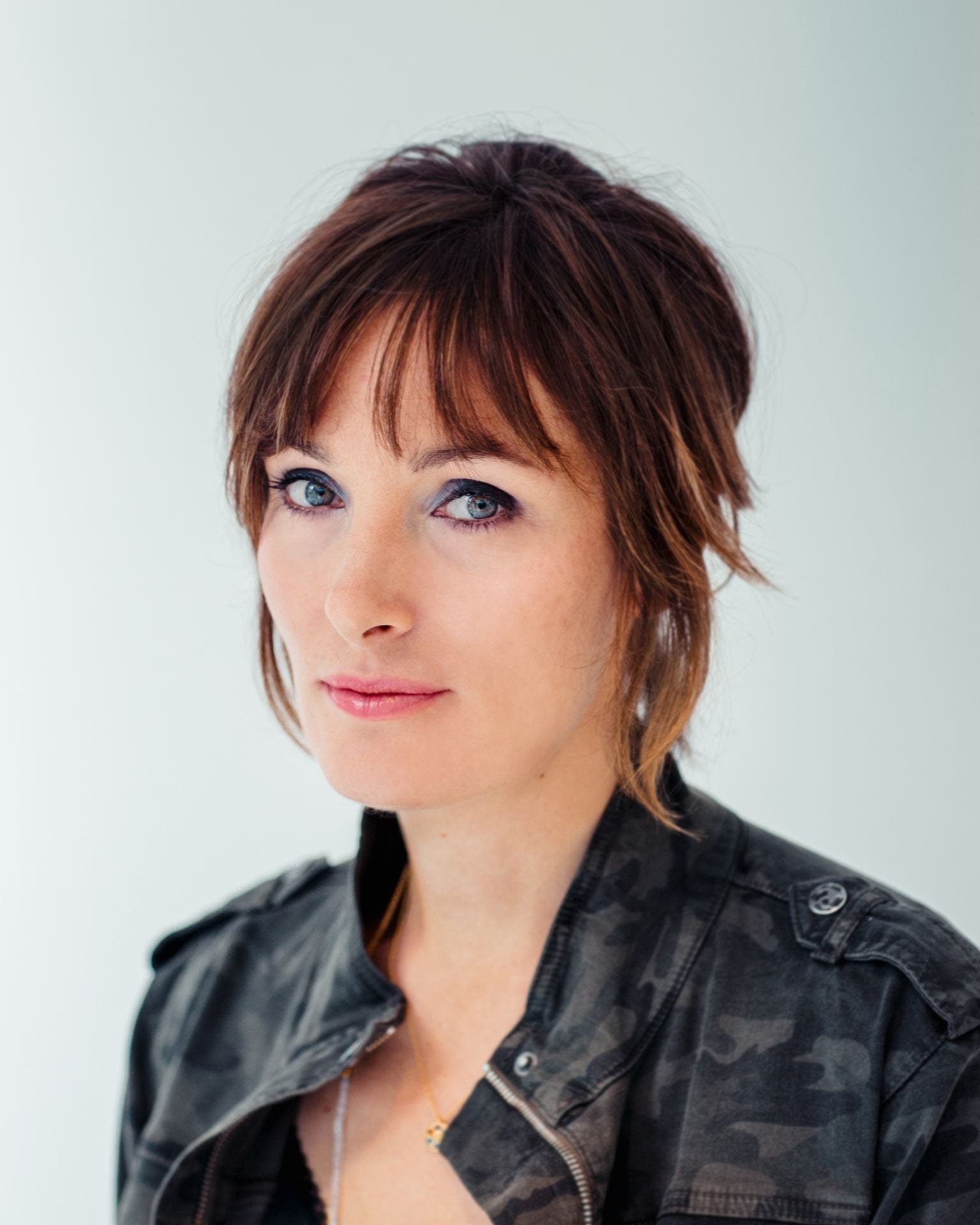
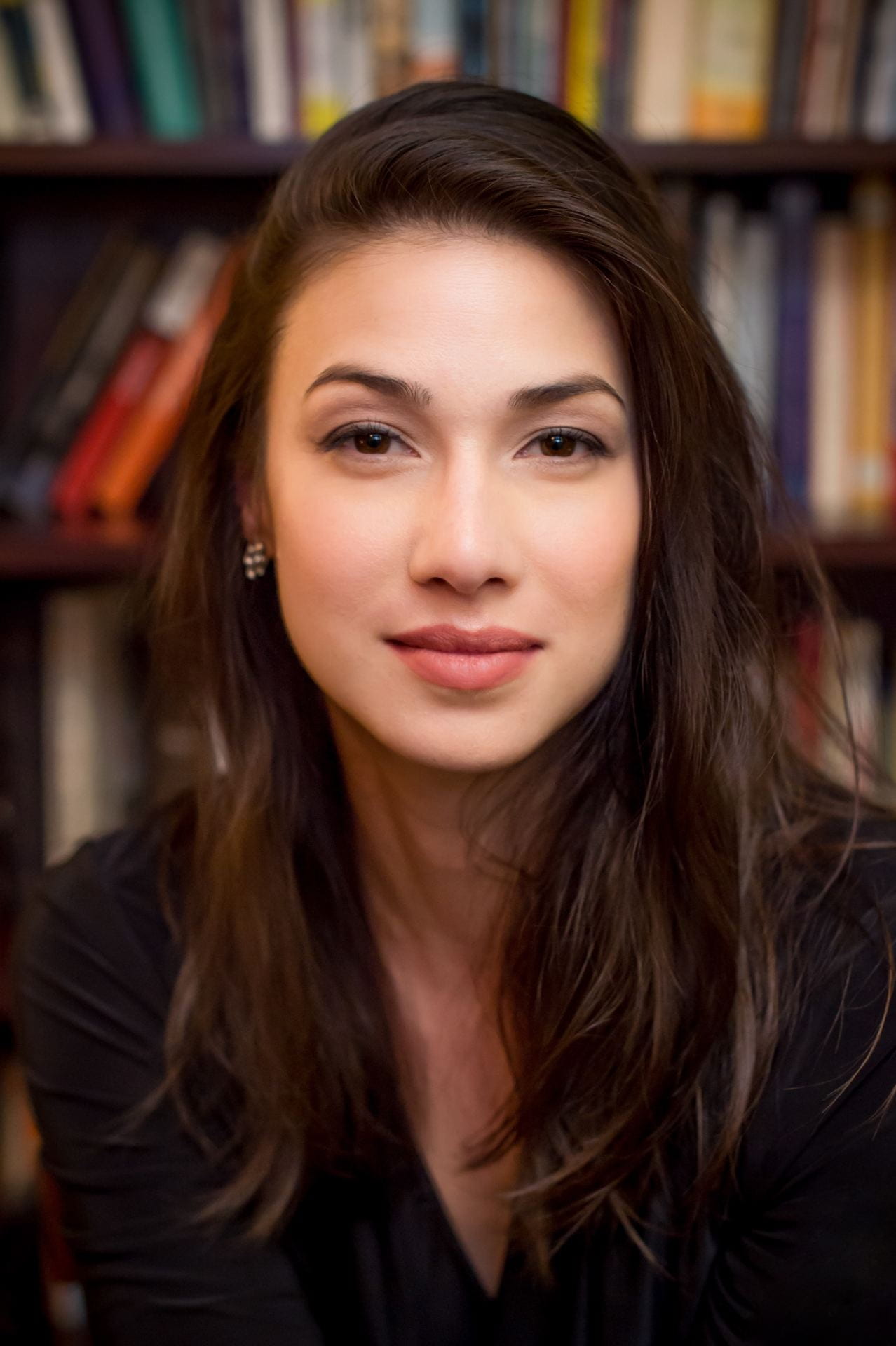




Recent Comments